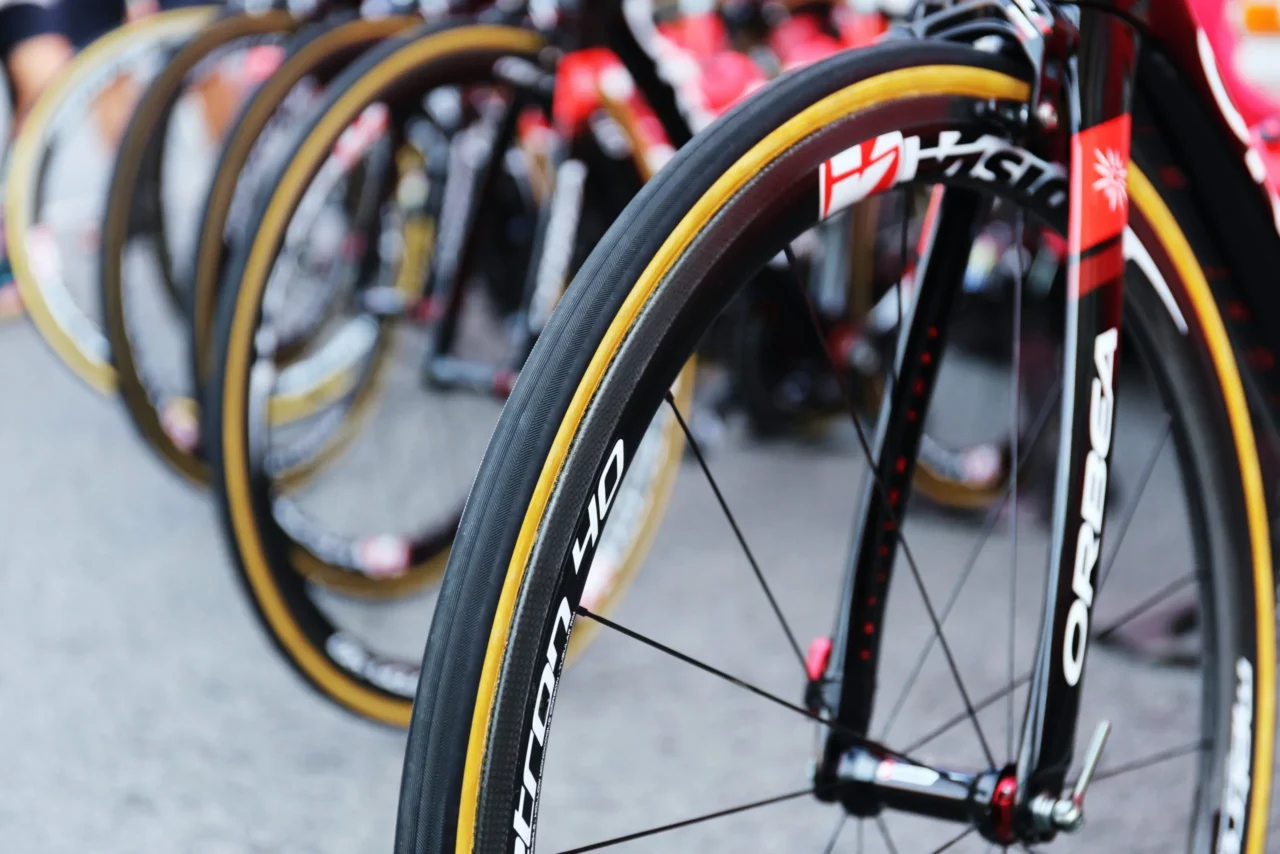The London 2012 Olympic and Paralympic Games illustrated an inspiring commitment to inclusion. In order to truly deliver a ‘Games for everyone’, inclusion had to be embedded throughout each aspect of the Games, from recruitment to design to ticketing. Included, the global D&I consultancy, was founded as a legacy of the Games by Stephen Frost.
Our theory of change was developed, tried, and tested in this unparelled environment. Since then, Included has been working with organisations such as BT Sport, Bank of England, and AstraZeneca to build more inclusive workplaces. Read more about inclusion lessons from London 2012 or watch this interview about inclusive recruitment for London 2012.
Triathlon: Making inclusion part of sport
October is a significant month for triathlon and this year the Ironman World Championship race returned to Hawaii after a 2 year break caused by the pandemic.
Over 5000 of the best triathletes from around the world qualified to race and this was the first time there were races on different days for the professional female athletes and professional male athletes. This marks the first time female athletes have been given their own focus, and they raced with the female age group athletes and some of the male age groupers. Next year there will be standalone female race with increased qualification slots for female athletes in a move towards a more equal field in 2023.
Notable triathletes breaking inclusion in sport boundaries
The above is a positive move towards equality in the sport but there is still a long way to go with the lack of diverse representation in the sport continuing to be significant from pro level through to age group athletes. Amongst many stories of accomplishment and achievement, three impressive individuals in triathlon are worth highlighting. All out at the World Championship race aiming to break disability boundaries.
US athlete, Chris Nikic, became the first athlete with Down Syndrome to finish an ironman (Ironman Florida 2020) and has now become the first Down Syndrome athlete to finish the world champ race in Kona. He lives by a mantra, shared with his dad, to get 1% better every day. Both were interviewed by triathlon legend Bob Babbitt for ‘Breakfast with Bob’, a cult Kona pre-race series.
London athlete, Sam Holness, completed Ironman Frankfurt in June, becoming the worlds first openly autistic athlete to complete a full-distance triathlon. Sam wants to become the first autistic pro triathlete and also raced in Kona for the first time. Sam, like Chris, has been interviewed by Bob sharing his amazing achievements.
Australian, Lauren Parker returned to Kona for the first time after a bike accident in 2017 which resulted in her adapting to life and racing as a paratriathlete. Now a Paralympian, Parker said of Kona: “I’d like to set a bench mark for para-athletes, specifically in Ironman, and to show that women can do it! I hope that more para-athletes get involved in the sport and the challenge.” Parker also commented that the ramp over the finish line ‘was probably the hardest hill in the whole race’ for her on a handcycle. This calls into question why this small element of the course was made unnecessarily inaccessible.
Inclusion in sport and the workplace
While these individuals are achieving incredible things there are some lessons from their experiences that Ironman can use to direct its inclusion efforts going forward. Chris Nikic, Sam Holness, and Lauren Parker all teach us that it is possible to triumph against adversity and that these successes take commitment and everyday progress.
In the workplace, progress should not be left up to marginalised individuals who bear the biggest burden of inequality. It is instead the role of leaders to take on lessons from the sporting world into how they are developing their own inclusion journey for themselves, their teams, the organisation, and the wider community. Athletes exhibit high levels of motivation, often driven by one core and personal reason. The work towards their goal is part of their everyday lives, either as a full-time professional or on the side of their other work. Progress is gradual, and only achieved through embedding actions to improve into each day. It’s this steady and ongoing commitment that is also critical to become an inclusive leader and develop and inclusive organisation. It is not something that happens overnight.
Becoming a more inclusive leader
- Understand: First, we must understand the problem and define our own “why” in a way that makes sense to us and our work.
- Lead: Second, we must take personal responsibility for our own leadership. No-one else can lead for you.
- Deliver: Third, we must focus on concrete actions that are thought-through, personal to us and make a measurable difference to those around us.



